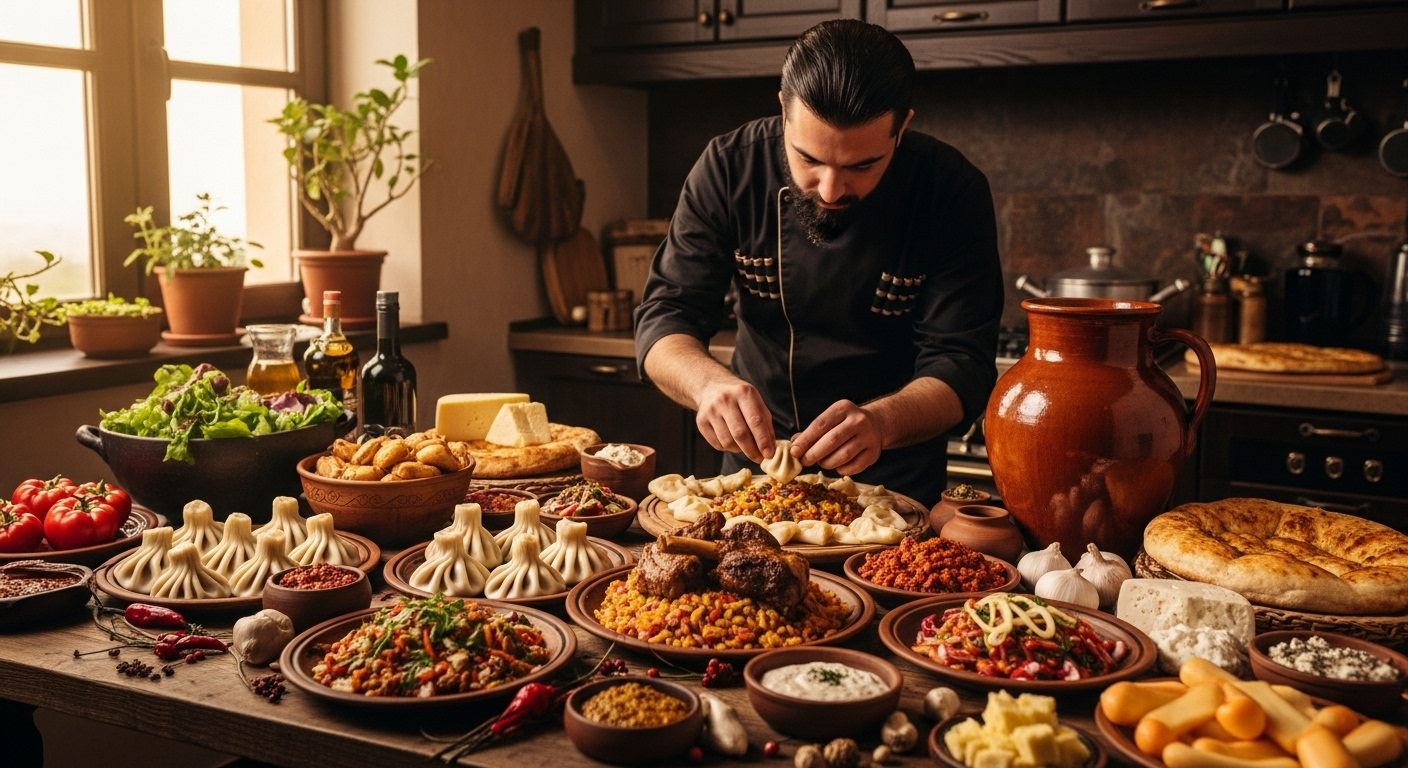Culinary Alchemy: Transforming Everyday Ingredients
Imagine turning humble pantry staples into gourmet delights. This culinary wizardry isn't reserved for top chefs – it's an art form anyone can master. From elevating canned beans to crafting luxurious desserts from day-old bread, the possibilities are endless. Let's explore how to breathe new life into ordinary ingredients, creating extraordinary dishes that will wow your taste buds and impress your dinner guests.

Elevating Canned Goods to Gourmet Status
Canned goods often get a bad rap, but with the right techniques, they can be the foundation of impressive dishes. Take canned tomatoes, for instance. By slow-roasting them with herbs and garlic, you can create a rich, concentrated flavor base for pasta sauces or bruschetta toppings. Canned chickpeas can be transformed into crispy, spiced snacks or blended into a silky hummus with the addition of tahini and lemon. Even canned tuna can become a luxurious spread when mixed with capers, lemon zest, and high-quality olive oil. The key is to enhance the natural flavors and textures of canned goods with fresh ingredients and thoughtful preparation.
Bread 2.0: From Stale to Spectacular
Day-old bread is a versatile ingredient that’s often overlooked. Instead of tossing it, consider its potential for creating amazing dishes. Tear it into chunks for a rustic panzanella salad, tossed with ripe tomatoes, basil, and a tangy vinaigrette. Blend it into a creamy gazpacho for a refreshing summer soup. For a decadent dessert, layer slices of stale bread with custard and fruit for a heavenly bread pudding. Even the crumbs have potential – toast them with herbs and use as a crunchy topping for pasta or salads. By reimagining stale bread, you’re not just saving food; you’re creating entirely new culinary experiences.
Root-to-Stem Cooking: Maximizing Vegetable Potential
Many of us discard vegetable parts that are actually full of flavor and nutrients. Carrot tops can be blended into a vibrant pesto, while beet greens make a delicious sautéed side dish. Broccoli stems, often thrown away, can be spiralized into noodles or sliced thinly for a crunchy slaw. Even potato peels can be transformed into crispy chips when tossed with oil and baked. This root-to-stem approach not only reduces waste but also introduces new textures and flavors to your cooking. It’s a sustainable practice that challenges you to see the culinary potential in every part of your produce.
The Art of Flavor Infusion
Infusing everyday ingredients with unexpected flavors can completely transform them. Try steeping dried mushrooms in hot water, then using that umami-rich liquid to cook rice or as a base for soups. Infuse olive oil with herbs, garlic, or chili for a quick flavor boost to any dish. Even plain sugar can be elevated by blending it with vanilla beans, lavender, or citrus zest. These infused ingredients become secret weapons in your kitchen, adding depth and complexity to simple recipes with minimal effort.
Useful Tips & Facts
• Roasting vegetables at high heat caramelizes their natural sugars, intensifying flavors.
• Acid (like lemon juice or vinegar) can brighten and balance rich dishes.
• Umami-rich ingredients like miso or fish sauce can add depth to vegetarian dishes.
• Toasting spices before using them releases their essential oils, enhancing their flavor.
• Properly seasoning each component of a dish, not just at the end, builds layers of flavor.
• Using a mixture of fresh and dried herbs can provide both bright and deep herbal notes.
Conclusion
Transforming everyday ingredients into extraordinary dishes is a skill that combines creativity, technique, and a dash of culinary courage. By seeing the potential in humble pantry staples and applying innovative cooking methods, we can create meals that are not only delicious but also sustainable and budget-friendly. This approach to cooking encourages us to be more mindful of our ingredients, reduces food waste, and ultimately makes us more versatile and confident in the kitchen. So the next time you look at that can of beans or loaf of stale bread, remember: with a little culinary alchemy, you can turn the ordinary into the extraordinary.





